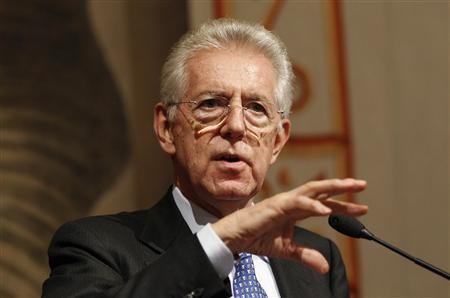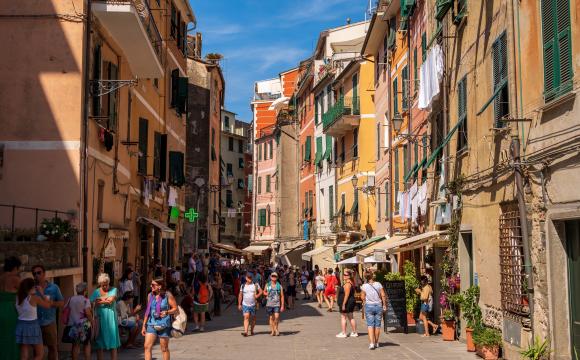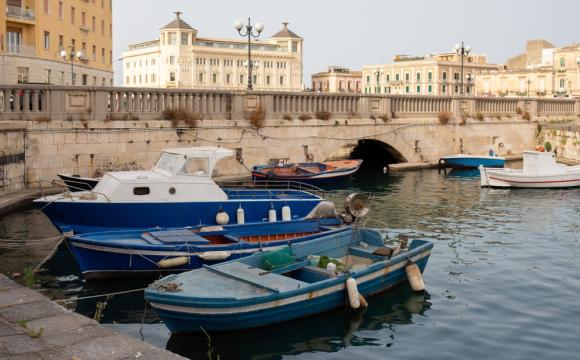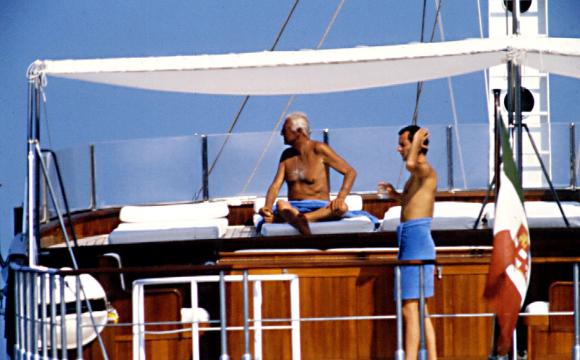Italian Prime Minister Mario Monti will resign after overseeing the Italian parliament pass the 2013 to 2015 budget and stability laws.
The announcement came from the office of President Giorgio Napolitano on the evening of 8 December after a two-hour meeting between Napolitano and Monti at the Quirinal Palace. It followed days of uncertainty after former premier Silvio Berlusconi’s centre-right Popolo della Libertà (People of Freedom, PdL) party withdrew its support from Monti’s technocrat government. The move coincided with Berlusconi announcing that he would run for prime minister again.
The PdL abstained from two parliamentary votes but Monti’s government managed to win the votes in both houses. PdL secretary Angelino Alfano said his party considered Monti’s technocrat government finished. The instability of the situation saw the Milan stock exchange’s FTSE Mib index lose 0.9% to drop to 15,699 points. The spread between 10-year Italian bonds and the German benchmark dropped to 323 points.
Monti said he felt that his government would not be able to finish its term and he would confirm his resignation immediately if the stability and budget laws can be passed “quickly”. The legislation is set to pass by the end year, parliament to dissolve late December or early January, and a general election held February or March 2013. Reports in the media suggest that the election is most likely 10 March.
A poll conducted by the SWG polling institute the day before Monti’s announcement showed trust in Monti at 33% – an all-time low. That evening Monti was at the season opening of Milan’s La Scala opera house, and was reported to have said: “The Sun King has moved away from me.”
Monti is credited with calming the financial markets when Italy faced financial disaster in 2011: the spread has reduced to almost half the level it was when he assumed office. He defended his government’s record saying it had prevented Italy from “causing new fires in the Eurozone”. Monti will not stand in the general election but has said he is prepared to step in should the result be unclear.
At present, polls show the centre-left Partito Democratico (Democratic Party) led by Pier Luigi Bersani with 30% to 40% of possible votes, Beppe Grillo’s MoVimento 5 Stelle (Five Star Movement) with 17% to 20%, and the centre-right PdL trailing with 14% to 15%.
Berlusconi has said he thinks the PdL can achieve 30% of votes at an election. He will run touting a growth programme, claiming that the austerity measures of the Monti administration damaged the economy, business, job prospects and public finances.
Some commentators believe Berlusconi has returned to politics to avert attention from his legal problems: he is on trial for underage prostitution and abuse of office for attempting to cover up his alleged payment of the underage woman for sex. Despite his legal troubles, British betting firm Ladbrokes is giving 3/1 odds and William Hill is offering 8/1 odds on Berlusconi becoming prime minister again after upcoming general election.
Credit-ratings agency Standard & Poor’s reacted to the situation by announcing that it may lower Italy’s BBB+ rating. It cited uncertainty that the next Italian government will follow the economic reforms introduced during Monti’s tenure.













